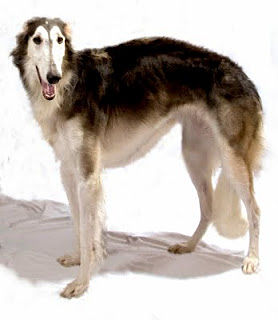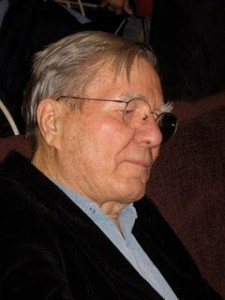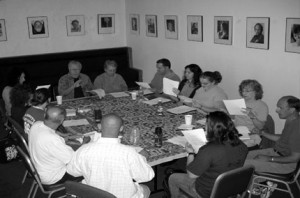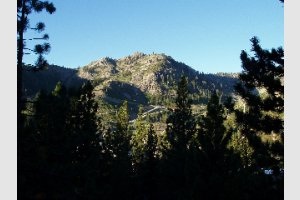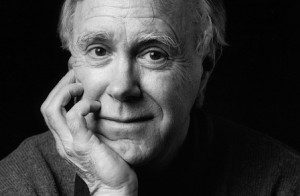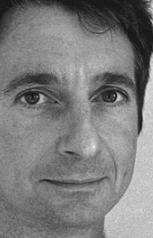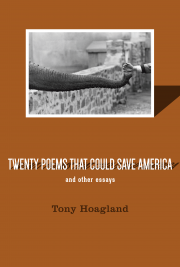 I have been reading Tony Hoagland’s newest book of essays, Twenty Poems that Could Save America (published by Graywolf Press, a wonderful imprint). In his first essay, “Je Suis ein Americano: the Genius of American Diction,” he talks about the current direction of American poetry, the experimentation, the fractured language and syntax, the shifts and ruptures of trying to cobble together something fresh. This is the final paragraph:
I have been reading Tony Hoagland’s newest book of essays, Twenty Poems that Could Save America (published by Graywolf Press, a wonderful imprint). In his first essay, “Je Suis ein Americano: the Genius of American Diction,” he talks about the current direction of American poetry, the experimentation, the fractured language and syntax, the shifts and ruptures of trying to cobble together something fresh. This is the final paragraph:
“American English is a great experiment in progress, and American poetry is its laboratory on a hill. Several decades ago, Tim Dlugos published a chapbook of poems with the title Je Suis ein Americano, as if making the point of this essay in brief. I suppose the mythic analog might be the story of Frankenstein’s monster. The creature we know as Frankenstein is patched together by a mad doctor, who employs a cut-and-paste method using the recycled parts of executed criminals. The monster escapes, descends from the mountain, and terrorizes the villagers. It sounds a lot like postmodernism, doesn’t it? Yet the big, interestingly fabricated fellow is trying to communicate something—maybe he just wants a hug, but he can’t make himself understood to the frightened townspeople. Their natural-enough tribal reaction is to try to kill him. In American poetry, too, the boundary between the natural and unnatural continues to shift, and American poets keep pushing the limits, searching for a creation at once wide awake and divine.”
So for today, here’s a poem by Dean Young. He plays with set phrases, awkward translations, myths, and most of all expectations. Don’t worry about making sense of it (though I think it has a delightful, deep, cumulative logic). Just revel in his surprising images and word choices, which are always fresh:
Changing Your Bulb
I disconnect the power for at least
five minutes until your bulb is cool
and no longer producing song through
small chewing devices at the end
of its beak. Clunk goes the tipped-over
pounce-meat. When I change your bulb,
am I really changing my own? This concludes
these opening remarks. Later you will be asked
to repeat them as a test of metal decay.
Now take your steel ring by any sharp
of tool at place of two gap or at least
that’s what the instructions say.
Maybe you were made in Tunisia.
I have loved you longer than my one life.
In the north, Siegfried rests after his hunt.
The new adults go into summer hibernation,
called aestivation but we are just waking.
Wing-wear: always a troublement, but there,
in the Wild Valley and Forest of the Rhine
your new bulb gets installed, acting mainly
as an exacerbation to fuzzy brain function.
I feel like I’m approaching a cliff wrapped
in an enormous kite, cheery as life insurance
and I can’t be sure if the statuary
is of rich citizens or supernatural forces. Continue reading “Befriending Frankenstein”


